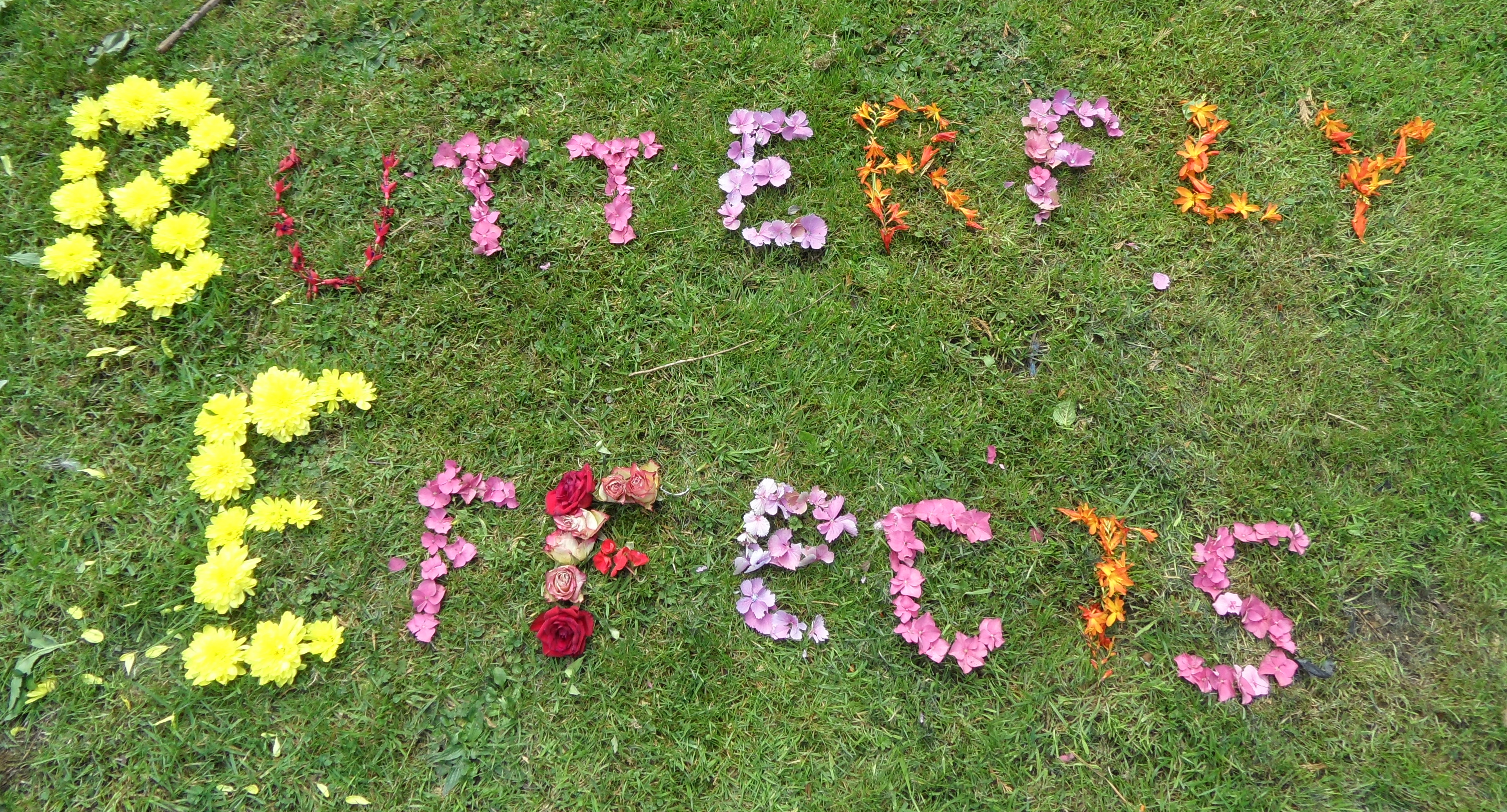An event horizon is the point of no return near a black hole in space where the gravitational pull becomes so great escape is impossible. Once you cross the event horizon – that’s it – you get pulled into the black hole – into the singularity – no argument.
But right up to the event horizon nothing is predetermined.
So. My question is this – are there ‘event horizons’ in human actions and societies?
There do seem to be event horizons in evil. It does seem as if once a threshold of sorts is crossed it can be difficult not to be pulled into the vortex of evil.
But if that is true then it must be true that there is also an event horizon of good. A place that once we cross it we will be pulled – inexorably – towards goodness.
Like a physical event horizon, up to that very point it might look as if we are just wandering aimlessly in space when all the while we are working our way towards a big, important and valuable change for the better. Inching along –
Tiny, discrete, butterfly action
By
Tiny, discrete, butterfly action.
The man who removes a mountain begins by carrying away small stones.
William Faulkner
________________________________________________________________
Related articles
- Astronomers Getting Ready To Take The First-Ever Photo Of A Black Hole (gizmodo.com.au)
- Fun Facts about Black Holes (needmoreshelves.wordpress.com)
- New telescope array will capture the first-ever photograph of a black hole (dailymail.co.uk)

Tremendously important post, this one! My fellow Mississippian, Faulkner certainly understood about carrying small stones to remove mountains. For example, in his fiction and in his life, he carried away small stone after small stone of racial bigotry. His writing shows that he crossed the event horizon of literary treatment of the condition of his fellowmen in Mississippi! He could never be pulled back out of the vortex of truth in that regard.
That’s very interesting about William Faulkner – thanks. Sometimes I also wonder if some small stones are more significant than others or if it’s just pure volume?
I strongly believe in good begetting good – call it Karma, call it what you like. Actually this ties in to my believe that the natural of instinct of humans is “love” not “hate” thus “good” not “evil” and also “quiet” not “loud”.
I had this great professor at law school, who whenever the students got too loud and weren’t listening, wouldn’t attempt to drown out their noise with his voice, but rather started to whisper and to step away from the microphone. This caused the students to shut each other up in an attempt to listen to him.
Also I have never regretted giving something to someone who turned out to be undeserving, but I’ve always regretted the moments I didn’t help or listen or give.
I have found that the more we trust in the goodness in people the more they show us their goodness, where as the suspicion of badness tempts them to behave badly (because in their mind our judgement on them is passed anyways, so why bother?!).
So if I tie all those little pieces and bits together (and some more I haven’t mentioned here): I come to the conclusion that we do shape our universe in good or in bad – it’s our choice.
Admittedly, it’s not an easy choice (and I don’t even mean temptation). Believing in “good over evil” is a concious choice, that I have to make over and over again each day. In my line of work, I am confronted with “bad” more freequently, than with “good” (and I’m not even a criminal lawyer!) and especially the greedy, self-opsessed side of people.
My only “proof” if you so will, for my thesis being right, is that I have an amazingly supportive, understanding, honest, faulted, loving circle of friends (out of which my best friend happens to be the man at my side). None of these people has led an easy life. None of these people are perfect. All of them (including myself) struggle – a lot. And yet they have decided for themselves to seek happyness and truth and the beauty of life.
Lastly, I’d rather believe in the overall goodness of people and be wrong than believe in the overall badness of them and be right (but maybe that’s just my way of going about it)
Most likely but we might not view them as such… Just as little shifts… 😉